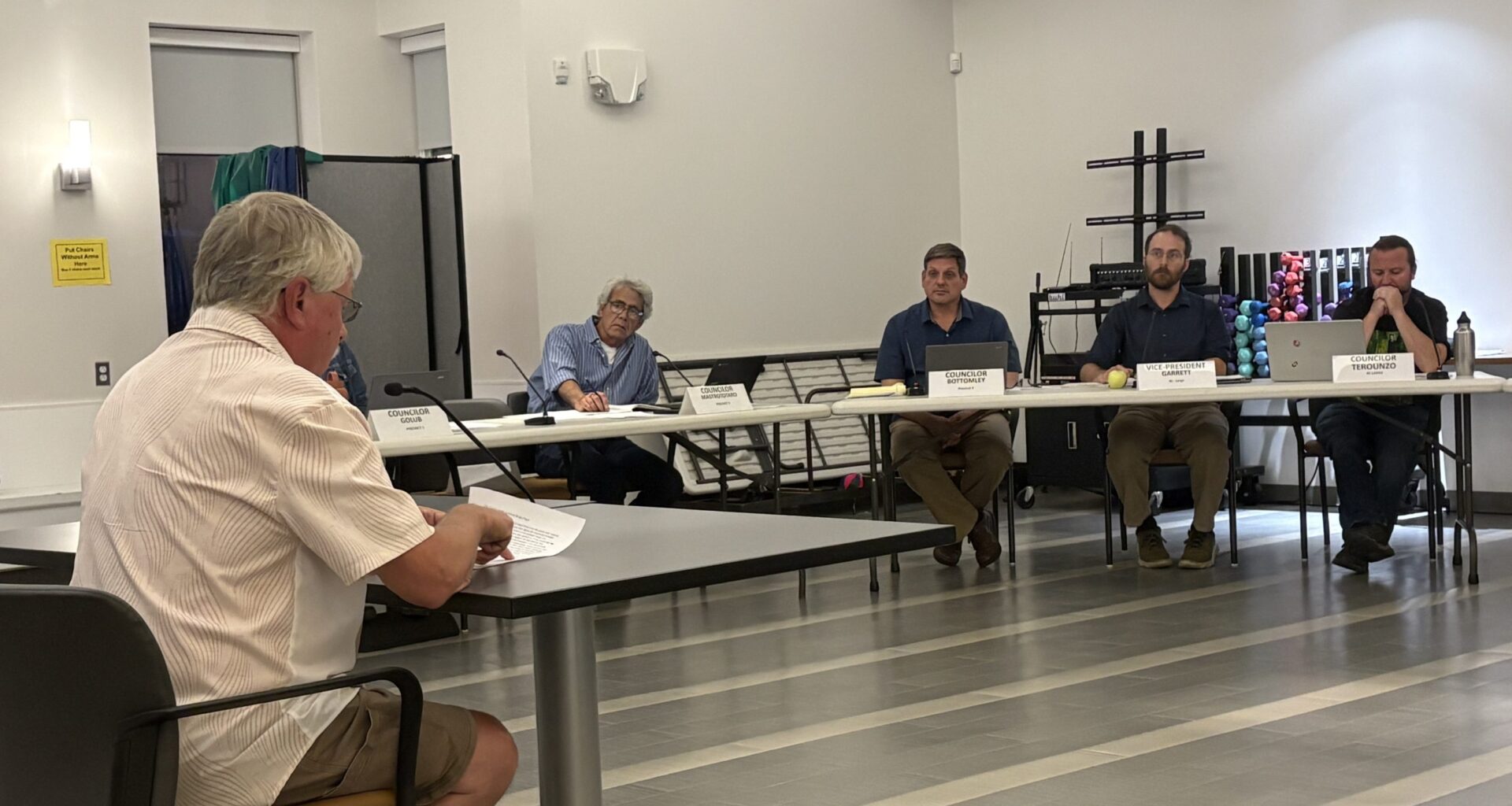GREENFIELD — City Council voted 10-1 with one abstention on Wednesday to sign a letter of support for legislation that seeks to implement a single-payer health care system in Massachusetts.
If approved, S.860/H.1405, “An Act Establishing Medicare for All in Massachusetts,” could reduce health insurance spending by $48.42 billion. After factoring in approximately $11 billion in improvements across the state’s health care systems, Massachusetts would likely see a net savings of $37.36 billion, according to an analysis done by University of Massachusetts Amherst economics professor Gerald Friedman.
Greenfield Human Rights Commission member Paul Jablon, who first suggested the city support the legislation at a commission meeting in May, spoke before the council on Wednesday, explaining that the bill, if signed into law, would save the city an estimated $4 to $6 million annually in health care costs while also expanding access to health care to all Massachusetts residents.
“A single-payer system is based on the premise that a healthy society promotes opportunities for the young, comfort and dignity for the elderly, and good health care for families that make up the workforce of our country. Local hospitals would stop closing and give even more care than they do now,” Jablon said. “This is a patient-oriented system that would reduce health disparities since everyone is covered, even the homeless, and improve the quality of care. It would also strengthen the healing power of the doctor-patient relationship by giving the doctors the right to make decisions about medical care instead of insurance bureaucrats.”
If passed, the legislation seeks to establish the Massachusetts Healthcare Trust: a single payer of all health care costs to replace insurance companies. The trust would be financed using existing programs such as Medicare and Medicaid, as well as four new taxes — employer payroll, employee payroll, self-employed and unearned income — that would replace and are estimated to be much lower than current insurance premiums, co-pays, deductibles and out-of-pocket payments.
Although the majority of councilors voted in support of the legislation as a non-partisan effort to save money on health care, Precinct 9 Councilor Derek Helie voiced his opposition to a single-payer system, arguing that it would lengthen hospital wait times and possibly lead to higher costs for employers.
Helie added that he believes implementation of a single-payer system would leave the strength of the Massachusetts’ health care industry at the mercy of the state economy and wouldn’t facilitate innovation as well as a private system.
“This is going to charge a business 7.5% to 8% depending on employee count in payroll tax and then 2.5% to the employee. … My concern is we already have the millionaire tax in effect in Massachusetts. This would be a tax that might drive out more business,” Helie said. “When you have a single-payer health care system, [a downside] is longer wait times. You’re also trusting the government to run the health care system, and no, I don’t think the government’s good at running anything.”
Other councilors, such as Precinct 6 Councilor Patricia Williams and Precinct 7 Councilor William “Wid” Perry, voiced their support for the council’s endorsement of the legislation under the belief that “health care is a human right.”
City Council Vice President John Garrett added that in some countries that have single-payer health care, such as the United Kingdom, wealthier residents can choose to pay for private health insurance if they wish. He said the country’s health care quality is disproportionately low when considering the amount it pays for insurance.
“We are a richer country [than the United Kingdom], but our wealth is far more unevenly distributed,” Garrett said. “Having government-run programs and a more egalitarian country where people live longer and have better outcomes, to me, is absolutely the direction we should go in. This, to me, is not a a difficult vote. I’m honestly kind of thrilled to have something that is so positive and agenda-focused to vote on.”
The legislation is currently under discussion in the state’s Joint Committee on Health Care Financing. The committee is expected to report back on the bill on March 18.
City Council voted 10-1 to sign a letter to the state Legislature supporting the single-payer health care proposal. Helie voted against the endorsement while At-Large City Councilor Michael Terounzo abstained from voting.
What to Read Next
